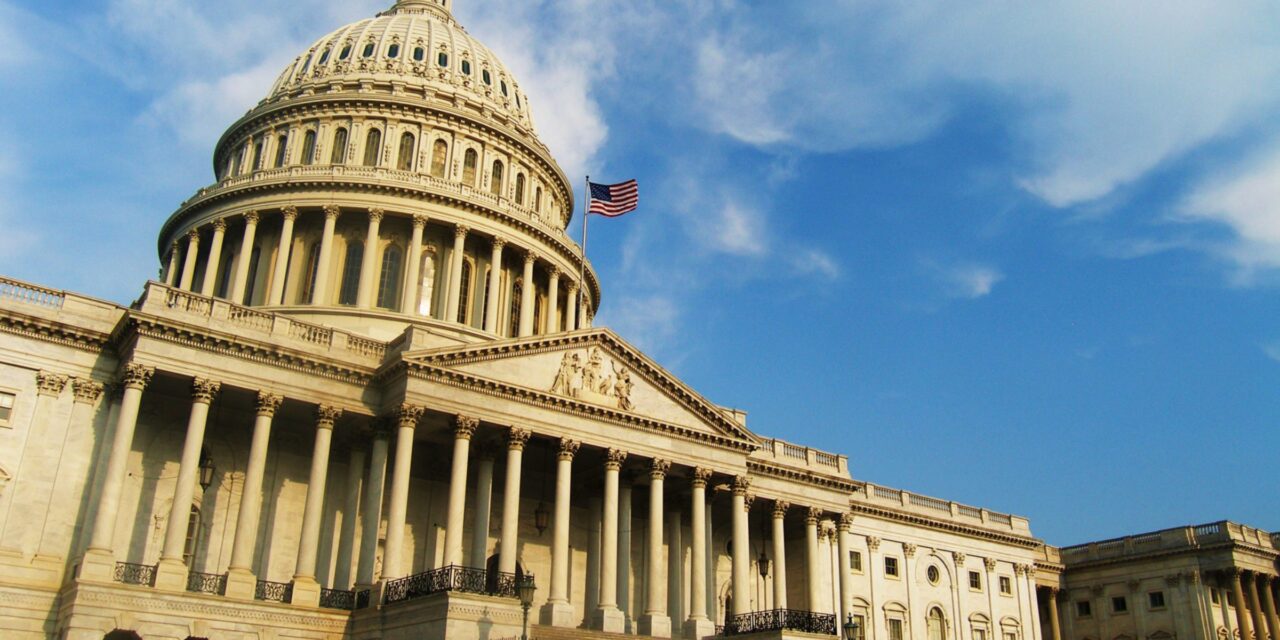House committees are laying out their plans to deliver on Trump’s budget agenda during the reconciliation process.
Speaker of the House Mike Johnson and the Republican Conference are spending this month working towards budget reconciliation in the form of President Trump’s “one big, beautiful bill”.
Over the next few weeks, House committees are expected to deliberate and deliver on the instructions they received in the budget resolution.
Committees have been tasked with cutting or increasing spending in a variety of legislative areas, some more controversial than others.
The House Judiciary, Homeland Security, and Armed Services committees were instructed to increase spending to fulfill Trump’s promise of securing the southern border and strengthening the military.
The Judiciary Committee is allowed to increase spending by $110 billion. The bill provides funding for detention of illegal immigrants, additional Immigration and Customs Enforcement agents and staff, and transportation spending.
The Homeland Security Committee received instructions that allowed a deficit increase by $90 billion. The bill that passed out of committee would increase the deficit by $69.1 billion, but provides funding for an advanced border barrier system, Customs and Border Protection facilities, CBP personnel, and spending for advanced search and surveillance technology.
The Armed Services Committee was allowed $100 billion in spending, but the bill that passed out of committee included $150.3 billion in spending. The bill includes funding for shipbuilding and Trump’s missile defense system.
Other House committees received instructions to cut spending by billions of dollars.
The Oversight and Government Reform Committee delivered what could be a $51.6 billion cut. Representative Mike Turner, a Republican of Ohio, voted with Democrats against the bill because it made changes to pension benefits in the middle of people’s employment.
The Education and Workforce Committee was instructed to cut $330 billion, but delivered a bill that cuts $351 billion. Similarly, the Financial Services Committee was told to cut $1 billion, but provided $5 billion in cuts to spending.
The Transportation and Infrastructure Committee was instructed to cut $10 billion, but the bill came in under that total. The text was amended to remove a $20 vehicle registration fee and increase the electric vehicle fee to $250 to compensate.
The Agriculture Committee received instructions to cut spending by $330 billion. The Energy and Commerce Committee was instructed to make the largest spending cut at $880 billion, and the Ways and Means Committee was given a ceiling of $4.5 trillion in deficit creation.
Each of these three committees have yet to hold markups on reconciliation legislation. They were all set to hold markups this week, but Ways and Means and Energy and Commerce have delayed another week.
Speaker Johnson’s timeline keeps getting tighter. He plans to bring a reconciliation package to the floor prior to the Memorial Day recess.
Discussions surrounding spending cuts are dominated by the future of popular programs such as the Supplemental Nutrition Assistance Program and Medicaid.






